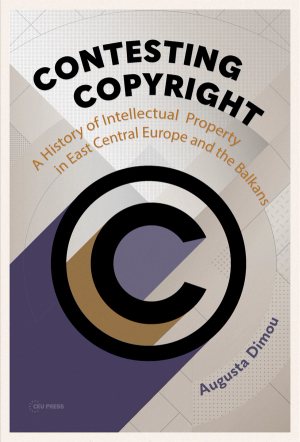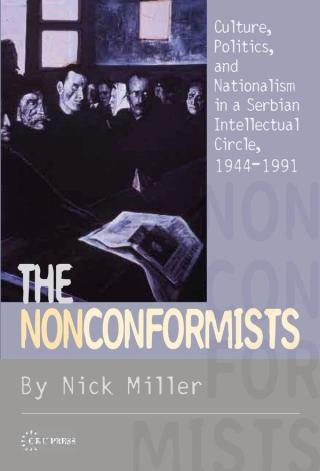“This book makes an original and signi cant contribution to copyright scholarship in relation to
both its subject matter and its methodology. So far as its subject matter is concerned, it covers
a substantial and important part of copyright history (that of Eastern and South Eastern Europe
in the nineteenth and twentieth centuries) that has been neglected in English language
scholarship. Its meticulous coverage of this subject-matter tells us just how much has
been missed as a result of this lacuna. Methodologically, the book opens up questions about
copyright that cross over its political-economic, cultural, social and legal signi cance.
The multidisciplinary approach illuminates corners of copyright history that have often been
cut in the literature. In doing so, it opens up new research questions about copyright’s place,
and the place of regional trajectories of copyright development, in today’s global environment.”
Fiona Macmillan, University of Roma Tre
“Augusta Dimou has delivered a broad and empirically thorough, conceptually and substantively
original contribution to the history of intellectual property, the cultural economy and cultural
policy in East Central and Southeast Europe. In doing so, she also opens up interesting new
perspectives on Europe as a whole and its role in the globalization of cultural and economic
relations and legal standards.”
Hannes Siegrist, University of Leipzig





